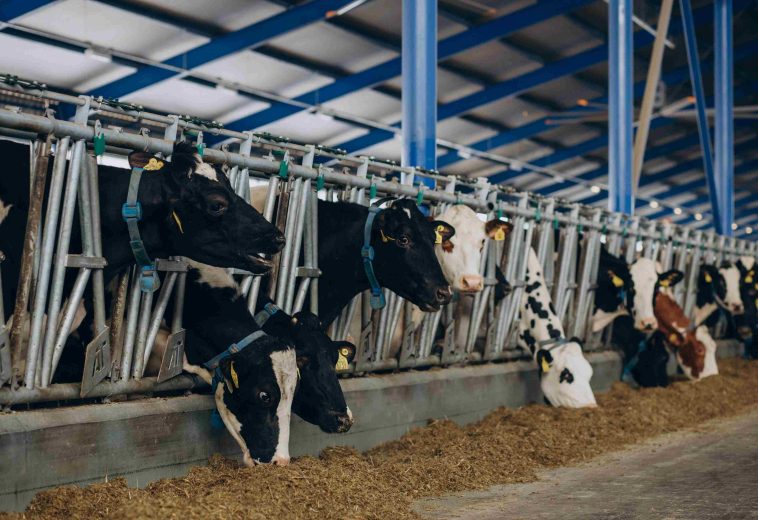Urban agriculture needs a revolution in its economic model more than technology. Urban agriculture is essential for cities facing climate disruptions, growing food insecurity, and growing urban populations. Urban farming models vary on a gradient, ranging from soil-based community gardens to automated vertical farms, to hybrid models like rooftop greenhouses. Urban agriculture systems must combine technologies, policies and economic logics to meet specific objectives such as local access to food, education or economic profitability. Intermediate models, such as rooftop greenhouses, can offer a balance between controlled environment and productivity, but their success depends on contextual factors such as climate, energy prices, and regulations. Community hybrid farms can foster local involvement while producing reliably. The key lies in adapting to the context, not in technological advancement alone. Urban policies, such as zoning reforms and green roof mandates, are key to supporting urban agriculture. The diversity of models is a strength for urban food systems. Urban agriculture must be integrated as a resilient infrastructure, built to last and to respond to future crises such as pandemics and climate shocks. Urban agriculture needs new economic models for several reasons:
- Financial Sustainability: Traditional models have failed. Many urban agriculture initiatives have failed due to the prioritization of flashy technology over viable business models. Investors and communities are looking for solutions that work in the long term.
- Diversity of Objectives: Urban agriculture projects can have different objectives, such as improving access to food, education or profitability. Each goal requires a different strategic approach.
- Adaptation to the Local Context: Models must be adapted to climatic conditions, energy prices, roof capacities and local regulations. One size doesn’t fit all.
- Community Engagement: Business models that promote the involvement of local communities can improve the resilience and success of urban agriculture projects.
- Crisis Response: With increasing challenges such as pandemics and climate crises, it is crucial to integrate urban agriculture into the urban fabric as an essential infrastructure, capable of meeting food needs in times of crisis.
- Supportive Policies: Policies should encourage innovative business models that can leverage supportive urban policies, such as zoning reforms and agricultural incentives, to create an environment conducive to growth.
Source : StartupCity




